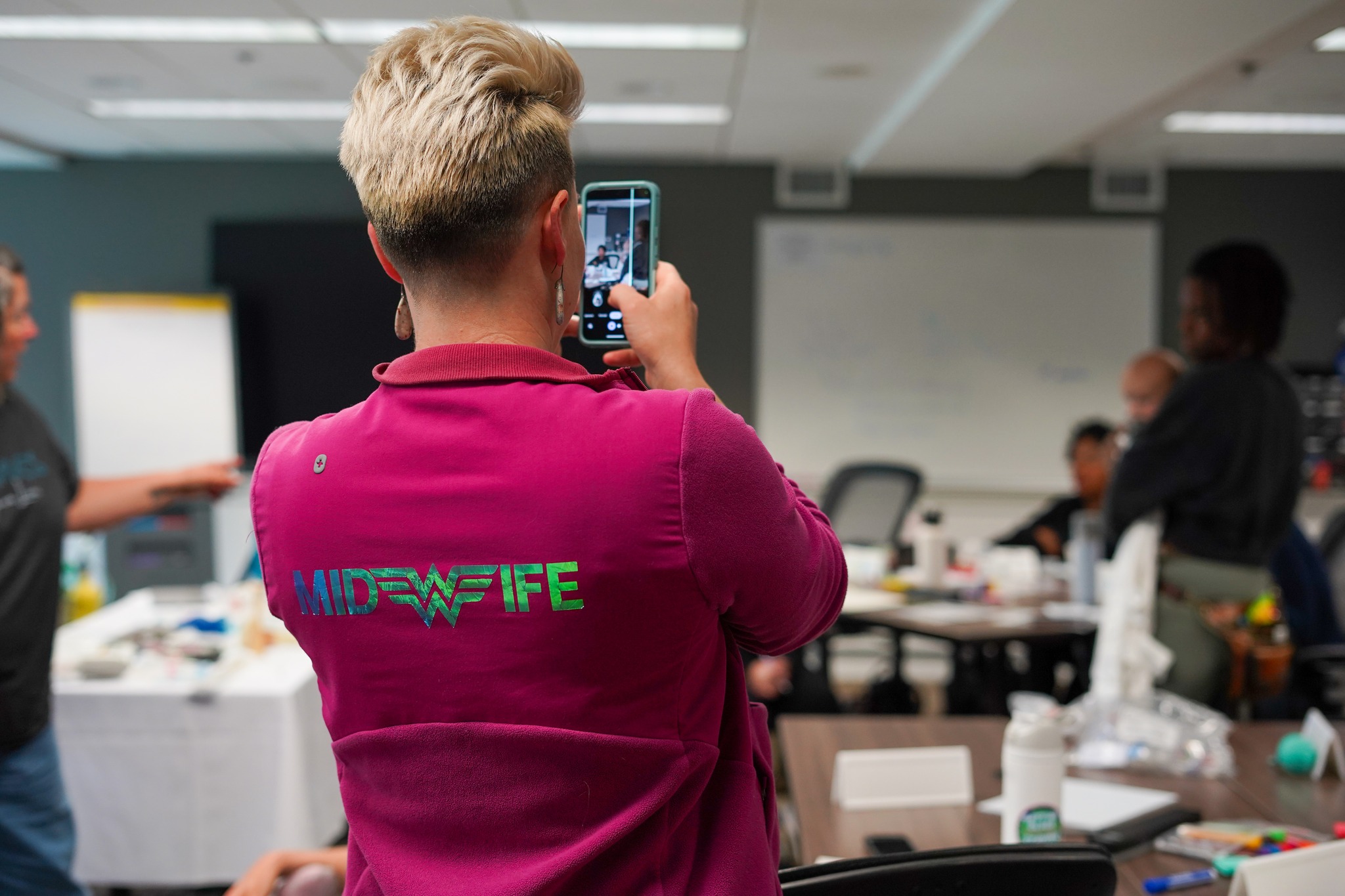
Debunking Common Midwifery Myths
As midwives return to the spotlight through community-based care and birth center models, so do the myths. At Worcester Community Midwifery, we believe education is one of the most powerful tools in reclaiming birth, so let’s clear a few things up. In this blog, we’re addressing some of the most common midwifery myths and setting the record straight.
Myth 1: Midwives are only for home births
While many midwives do attend home births, they also work in birth centers, hospitals, and clinics. At Worcester Community Midwifery, we’re developing Worcester’s first independent birth center—a space designed for safe, supportive, midwife-led care outside of the hospital. Whether you’re birthing at home, in a birth center, or elsewhere, midwives are trained to provide safe, evidence-based care for low-risk pregnancies.
Myth 2: Midwives aren’t medically trained
This is one of the biggest misunderstandings. Midwives are licensed professionals who complete rigorous education and clinical training. Certified Nurse Midwives (CNMs) are registered nurses with advanced degrees, and Certified Professional Midwives (CPMs) are specially trained in out-of-hospital birth. Both are skilled at monitoring pregnancy, managing labor, and responding to complications.
It’s also important to acknowledge that midwifery doesn’t always follow a Western clinical model. In many cultures, midwives are community members who gain their knowledge through years of apprenticeship and hands-on experience. These traditional and Indigenous midwives often practice within holistic frameworks rooted in cultural wisdom, and their presence remains strong in parts of the world today.
Myth 3: Midwives are anti-hospital or anti-intervention
Midwifery care is rooted in supporting physiological birth, but that doesn’t mean midwives are against medical intervention when it’s needed. In fact, midwives are trained to recognize when a transfer to a higher level of care is appropriate, and they often work alongside OBs, pediatricians, and other professionals to ensure safe outcomes.
Myth 4: You must want a “natural” or unmedicated birth
Midwifery care isn’t just for people seeking an unmedicated or “natural” birth. At Worcester Community Midwifery, we focus on informed choice and offer options to support comfort during labor, including nitrous oxide (laughing gas) for pain relief, along with physical comfort measures, movement, and emotional support. We also understand that some birthing people may opt for an epidural—whether planned or unplanned—and they should feel supported in that decision, too.
Myth 5: Midwifery care ends at birth
Midwifery care doesn’t stop once the baby is born. In addition to prenatal visits and labor support, midwives also provide postpartum care and monitor the health of both the parent and baby through the first month of life. At Worcester Community Midwifery, our care extends beyond birth to include reproductive wellness, lactation support, and newborn care during those critical early weeks.
As we develop Worcester’s first independent birth center, we’re committed to expanding access to the kind of midwifery care that centers families and corrects misconceptions through education. If this work speaks to you, we invite you to follow along, share our mission, and consider supporting the development of the birth center.

